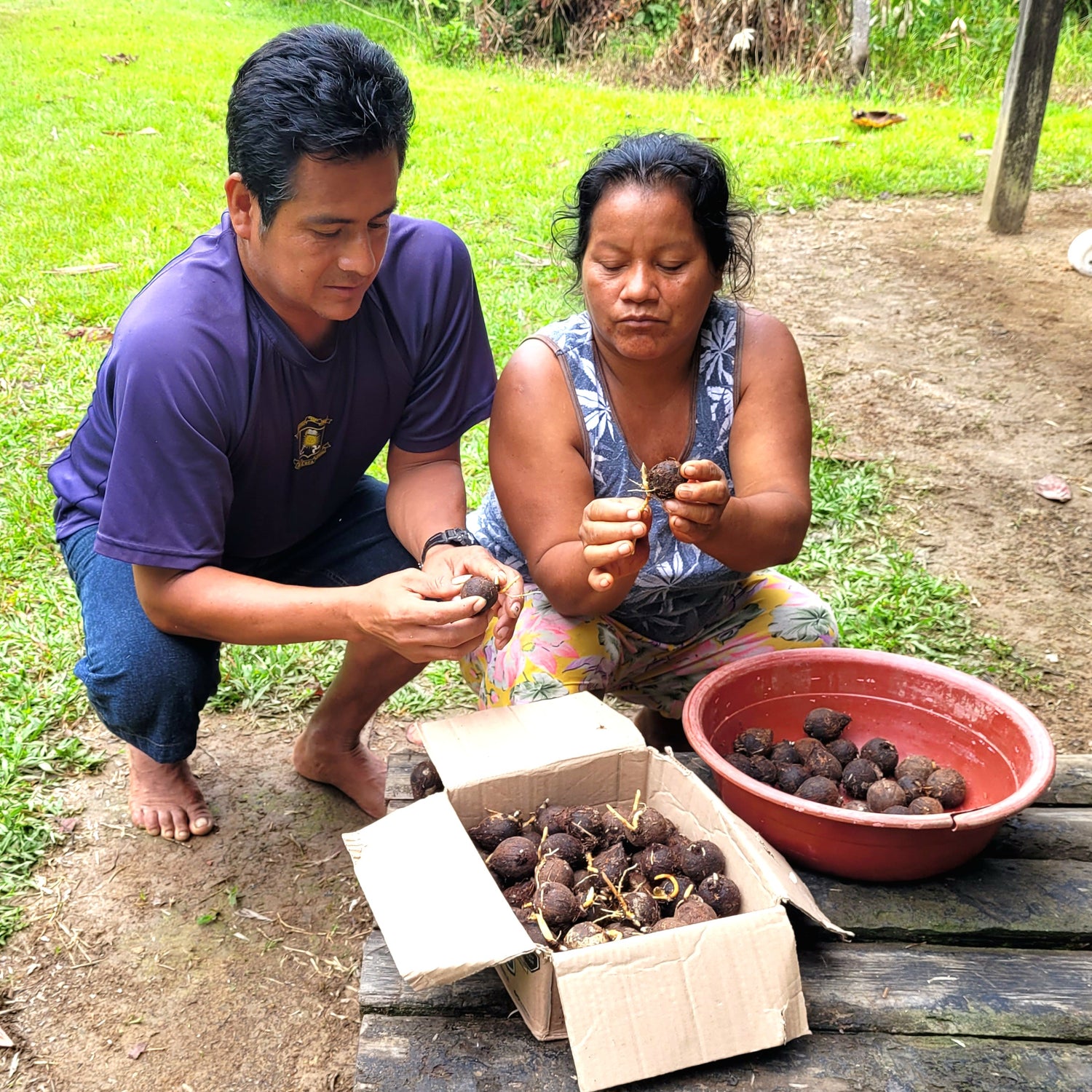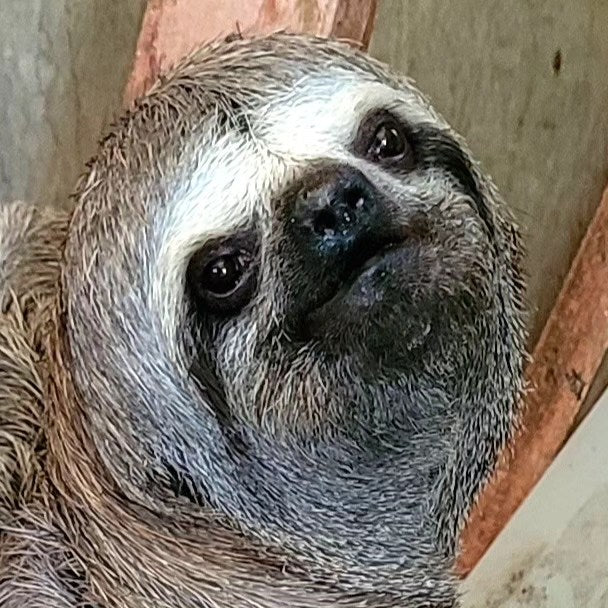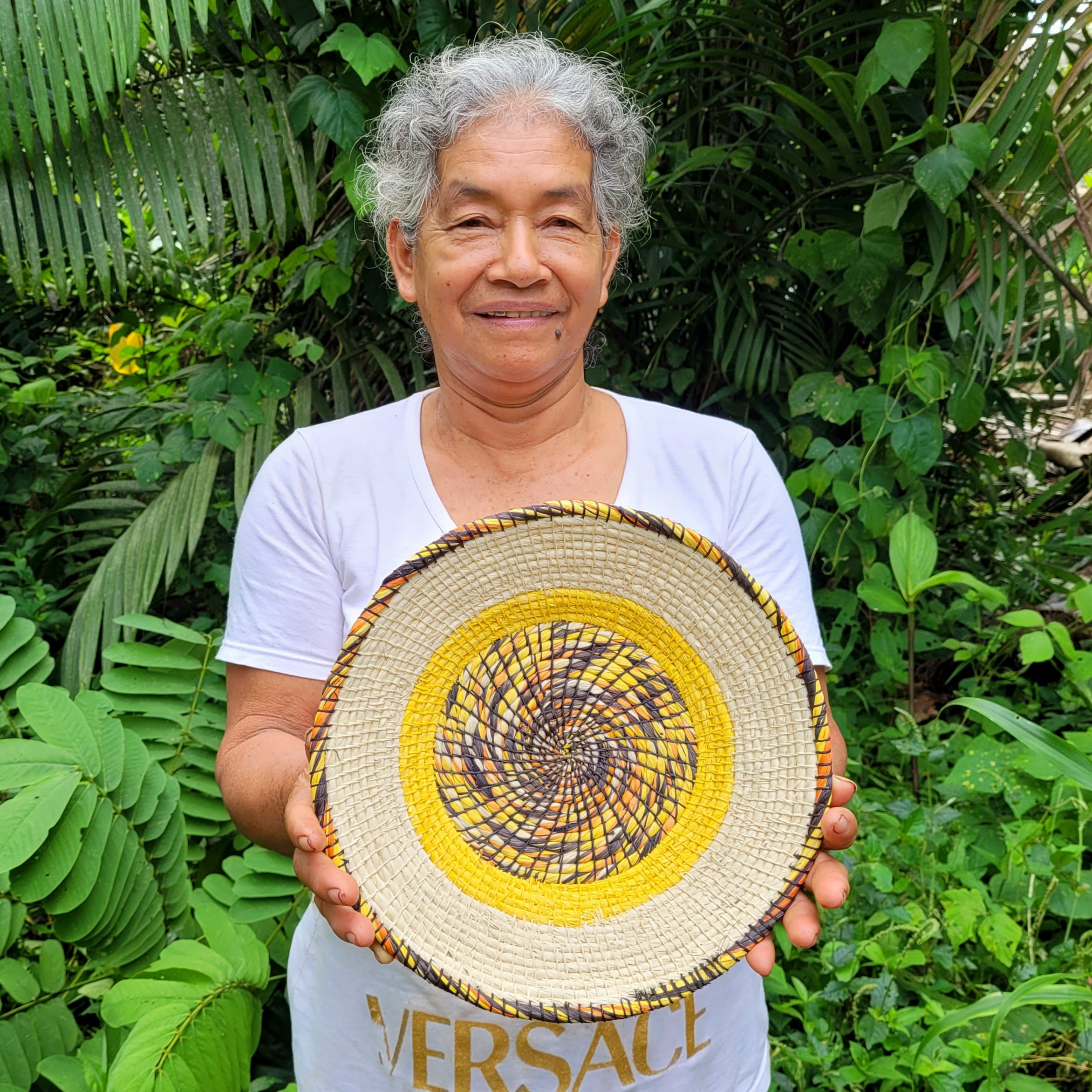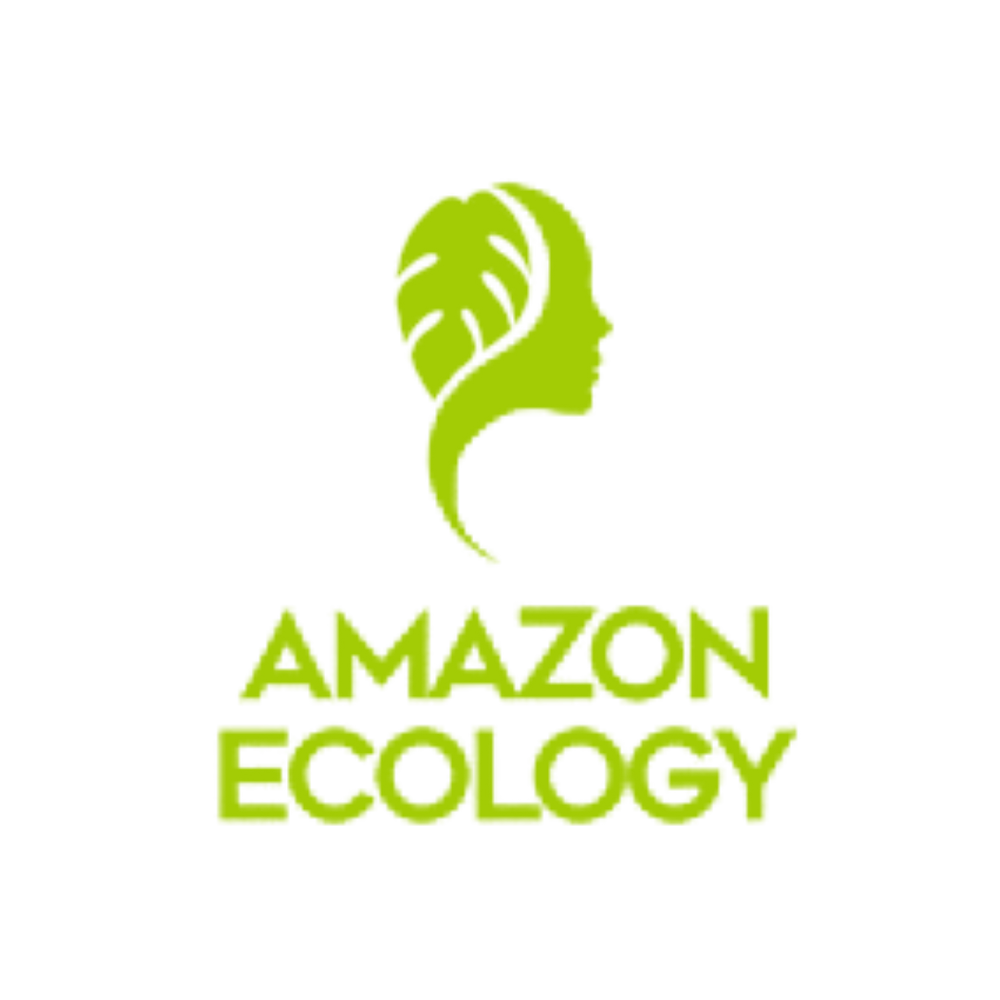Yully and I got up just after 3 am at Puerto Miguel on a Saturday morning and slowly made our way down to our boat. I sat on a bench with my back resting against a wooden post supporting the roof. We left around 4:30 am and made it to San Francisco just after dawn. At Pablo’s house, we had a simple breakfast of instant oatmeal, an apple and some tea.

I knew Pablo liked to experiment making crafts, but it was neat to see how he applied his curiosity to his back yard garden. He had a stingless bee nest in a log to try and produce some medicinal honey. He had 8 orange trees that were doing well. He couldn’t establish lemon trees there, but successfully established them in his farm field with better drained soil. He had put 50 chambira seeds into planter bags in own backyard nursery along with some mahogany and orange tree seeds.

We then walked to Edson’s house where he and his wife Ketty showed us the communal nursery where their artisan group was caring for 800 chambira seeds donated by Amazon Ecology thanks to several grants from the New England Biolabs Foundation and Weave a Real Peace (WARP). It was heartwarming to see four artisans carefully inspecting every nursery bag and taking out detritus. They had learned from our community forestry consultant how to identify seeds that were viable (not eaten by insect larvae), wait for a sprout to emerge and then place it in the soil so the sprout would grow up toward the light and the root would grow down into the soil that is firm but not too compacted.

Edson reflected how their first attempt to do this had failed because they didn’t how to select healthy seeds, prepare good soil, position the seeds on the soil, and or when to transplant seedlings to their fields so they wouldn’t be eaten by agoutis.

The following week we got to see our community forestry consultant Exiles (an artisan from Chino) work directly with an artisan from Brillo Nuevo to teach her how to distinguish healthy chambira seeds from ones which wouldn't survive well.
How can these observations serve as metaphorical lessons for spiritual growth? We may all have the seed of God or the divine in us, but that seed needs the right conditions to sprout, grow and produce a new generation of healthy plants. We can then decide what our spiritual analogs are for providing the right amount and quality of water, light, and soil to ourselves and others to support this process.





